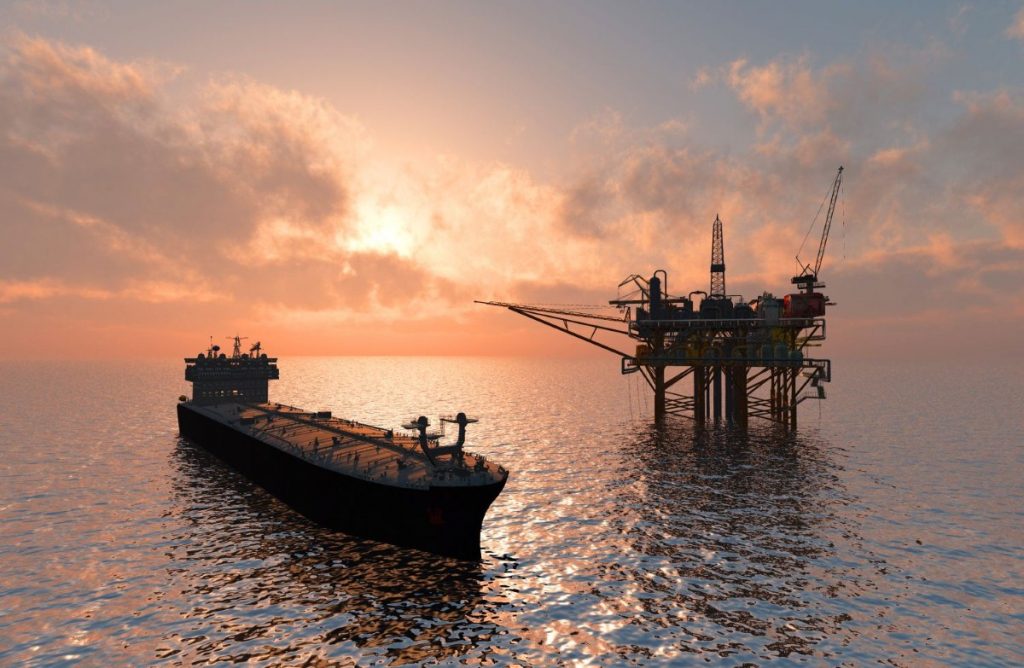The myth of North Sea oil: Scots face £1K deficit growth per person under independence
Scotland would be "significantly worse off" under independence, with its deficit growing by an average of £1,000 per person, according to economists.
Research by the impartial Centre for Public Policy for Regions (CPPR), an economic think tank, warned that Alex Salmond had "skewed in an optimistic manner" estimates for North Sea oil revenues and failed to incorporate recent downward trends in production.
Researchers examined recently published Government Expenditure and Revenue Scotland figures, which suggested Scotland's share of the deficit grew last year following a 40% drop in oil revenue.
They also looked at Office of Budget Responsibility (OBR) assessments downgrading oil revenue by £3 billion.


That left official Westmister OBR projections for 2016/17 revenues at less than half the level of the Scottish government's most pessmisitic predictions.
"Based on the OBR's [Office of Budget Responsibility] latest forecasts, Scotland's fiscal position, relative to the UK, continues to worsen," John McLaren, one of the economists who carried out the work, said.
"We now need the Scottish government to update its own alternative, North Sea oil tax scenarios, based on the latest information available, in order to judge how these might affect Scotland's future fiscal balance."
With declining oil revenue, Scotland would be worse off by £1,000 per head, or three per cent of GDP, between 2014/15 and 2018/19.
If oil revenues stayed below forecasts, spending would have to be cut or taxes raised.
There is growing anger about the Scottish government oil revenue forecasts, which were supposed to be updated regularly.
Worryingly for Salmond, four of the Scottish government's assessments have been more optimistic than the OBR's, even though the OBR figures have consistently overestimated Noth Sea oil revenue.









